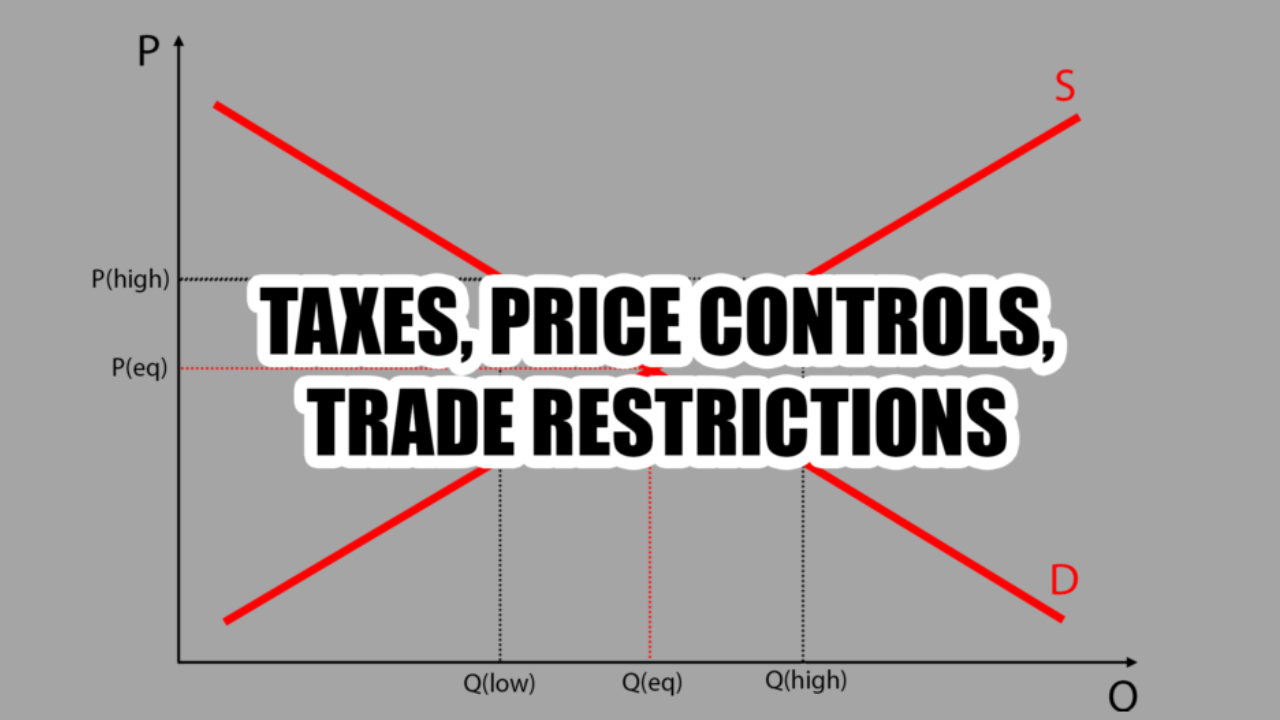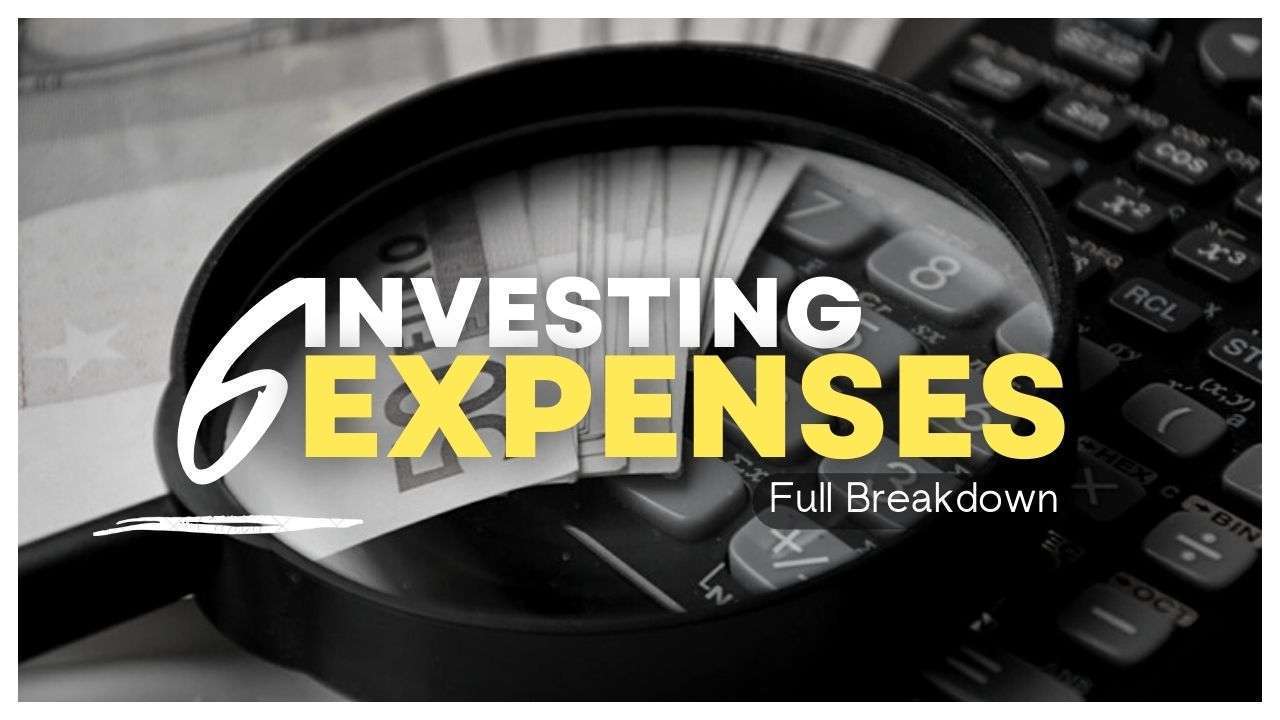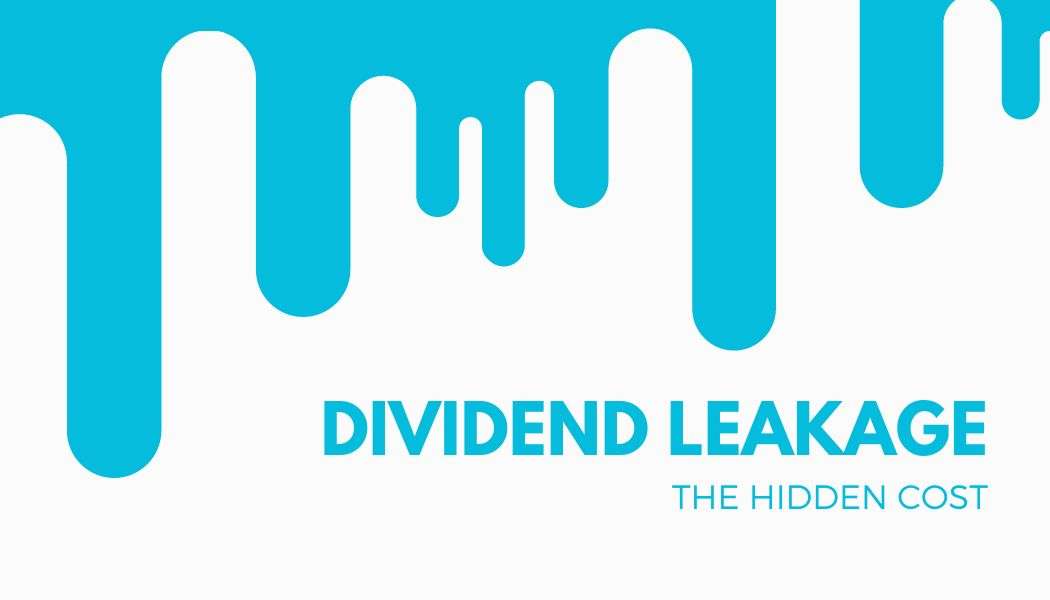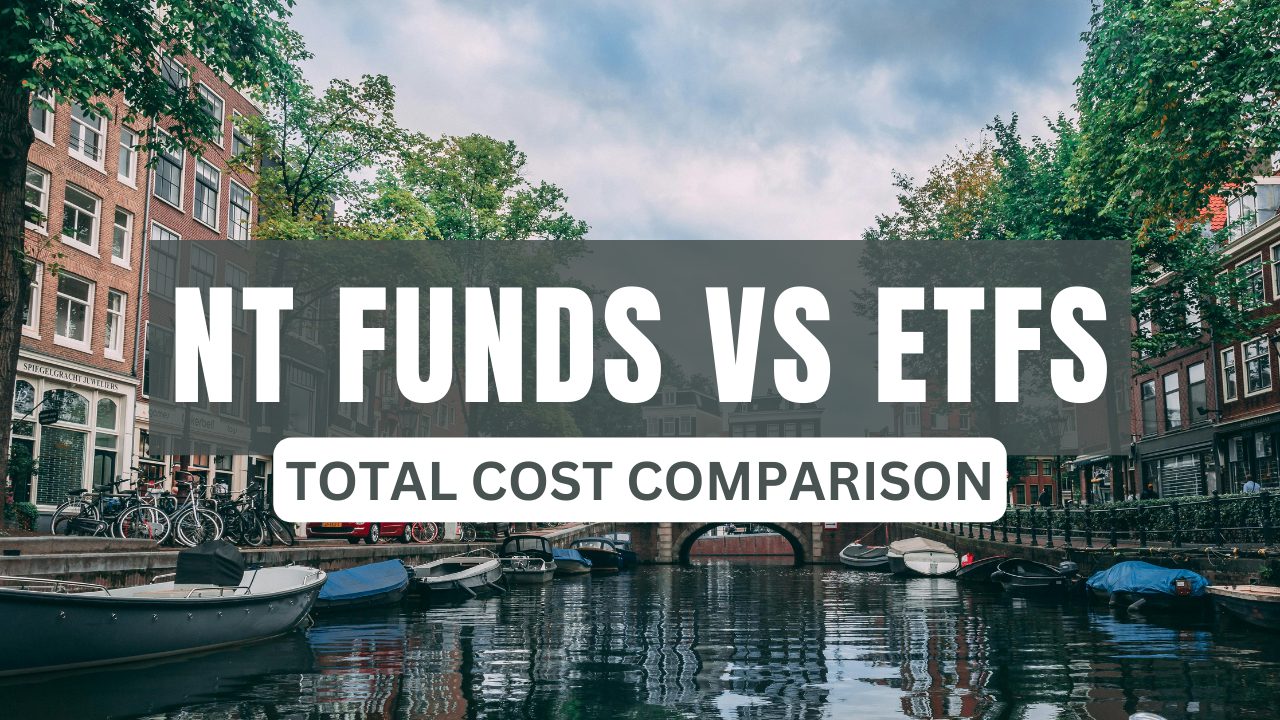
It’s here, ladies and gentlemen!
After many hours of research, I compiled a list of all taxes relevant to European investors.
For each EU, EEA, and EFTA country, I’m covering the following:
- Capital Gains Tax Rate
- Dividend Tax Rate
- Wealth Tax Rates
- Exit Taxes
Note: this post is for individual investors. Not for workers or entrepreneurs.
If you’re an EU citizen managing a diverse portfolio of ETFs or holding Bitcoin, this post will be of special interest for you.
Investment Taxes in Austria
Capital Gains Tax in Austria: 27.5%.
Dividend Tax in Austria: 27.5%.
Note that Austria taxes the dividends even when holding accumulating funds, so going for distributing ETFs might be more straight forward for reporting purposes.
No wealth tax in Austria.
Exit tax in Austria: you’ll pay the capital gains tax as if you sold when leaving the country.
Investment Taxes in Belgium
Capital Gains Tax in Belgium: 0%.
Applicable only if you’re considered a “prudent investor”. That means managing a relatively passive, long-term portfolio for yourself or your family (not an active/professional trader or short-term speculator). Otherwise, the capital gains tax rate is 33%.
Dividend Tax in Belgium: 30%.
Holding accumulating ETFs and selling when necessary removes this expense.
No wealth tax in Belgium.
No exit tax in Belgium.
Investment Taxes in Bulgaria
Capital Gains Tax in Bulgaria: 0% on UCITS ETFs.
In general case it’s 10%, which is the rate for Bitcoin and cryptocurrency.
Dividend Tax in Bulgaria: 5%.
Non-distributing ETFs are favorable in Bulgaria as well.
No wealth tax in Bulgaria.
No exit tax in Bulgaria.
Investment Taxes in Croatia
Capital Gains Tax Rate in Croatia: 0%.
This rate is applicable if the shares or digital assets are held for more than 2 years. Otherwise, it’s around 12%.
Dividend Tax Rate in Croatia: around 12%.
No wealth tax in Croatia.
No exit tax in Croatia.
Investment Taxes in Cyprus
Capital Gains Tax in Cyprus: 0%.
Generally 20%, but UCITS ETFs are not in scope.
The profits from cryptocurrency trades are taxed at 12.5%.
Dividend Tax in Cyprus: 17%.
Eligible foreigners that establish tax base in Cyprus can opt for the non-domiciled resident status and be taxed at 0%. Or just avoid dividends.
No wealth tax in Cyprus.
No exit tax in Cyprus.
Investment Taxes in Czech Republic
Capital Gains Tax in Czech Republic: 0%.
Applicable if shares were held for 3+ years. Otherwise, it’s the personal income tax rate.
For crypto, it’s always the personal income tax rate (15% or 23%, depending on total income).
Dividend Tax in Czech Republic: 15%.
Holding accumulating ETFs removes this expense.
No wealth tax in Czech Republic.
No exit tax in Czech Republic.
Investment Taxes in Denmark
Capital Gains Tax in Denmark: 27% or 42%, depending on personal income tax rate.
Dividend Tax in Denmark: 27% or 42%, depending on personal income tax rate.
Both of these are added in personal income and taxed as such. So the rate depends on the total annual earnings, the threshold being ~€8k.
No wealth tax in Denmark at this moment.
Exit Tax in Denmark: tax on unrealized gains when leaving the country, applicable for countries without a tax treaty with Denmark.
Investment Taxes in Estonia
Capital Gains Tax in Estonia: 20%.
Dividend Tax in Estonia: 20%.
Both are taxed as normal income with an annual tax exemption of ~€6k.
No wealth tax in Estonia.
No exit tax in Estonia.
Investment Taxes in Finland
Capital Gains Tax in Finland: 30% up to €30k, 34% above that.
Dividend Tax in Finland: 30% up to €30k, 34% above that.
No wealth tax in Finland.
Exit tax in Finland: tax on unrealized gains. Not applicable if the total value of the investments is below €500k or if the unrealized gains are below €100k.
Investment Taxes in France
Capital Gains Tax in France: between 30% and 35%.
Dividend Tax in France: around 30%.
You can lower it to around 18% if you keep the investment in a PEA account, but accumulating ETFs resolve all of that.
Wealth Tax in France: 0.5 to 1.5%.
The French wealth tax is applicable to investors with more than ~€1.3m in worldwide real estate.
Exit Tax in France: taxed on unrealized gains (around 30%) when you leave.
Applicable to people that lived in France 6 out of the last 10 years and with net-worth higher than €800k.
However, if you don’t sell your investments for 2 years (5 years if NW > €2.57M) after emigrating, there’s no exit tax.
Investment Taxes in Germany
Capital Gains Tax in Germany: Around 27-28%.
The approximation is due to the 25% flat rate + “solidarity tax” + “church tax” where applicable.
For Bitcoin, crypto, gold, and other commodities, holding them for more than a year makes the sell tax free.
Otherwise, around 47% (45% flat + “solidarity” + “church” taxes, same as before).
Dividend Tax in Germany: Around 27-28%.
Same calculation as with the CGT.
No wealth tax in Germany.
No exit tax for “normal” investors in Germany (i.e. owning <1% of the shares of a company).
Investment Taxes in Greece
Capital Gains Tax in Greece: 0%.
The capital gains tax in Greece is actually 15%, but UCITS ETFs aren’t in scope.
For Bitcoin and crypto, the CGT is 22%, but the regulation is still unclear and it seems it’s only enforced when converted to FIAT money. So trading on exchanges or DeFi is non-taxable. Of course, this is subject to change.
Dividend Tax in Greece: 5%.
The classic “go for accumulating funds” approach.
No wealth tax in Greece.
No exit tax in Greece.
Investment Taxes in Hungary
Capital Gains Tax in Hungary: 15%.
Capital gains are included in the personal income tax rate.
An investor can choose to open a TBSZ account and then the CGT rate goes to 10% after holding for 3 years and to 0% after holding for 5 years.
Dividend Tax in Hungary: 15%.
Also, it’s part of the personal income tax rate.
No wealth tax in Hungary.
No exit tax in Hungary.
Investment Taxes in Iceland
Capital Gains Tax in Iceland: 22%.
Dividend Tax in Iceland: 22%.
No wealth taxes currently in Iceland.
No exit tax in Iceland.
Investment Taxes in Ireland
Capital Gains Tax in Ireland: 33%.
Exemption of around €1,300 per year.
For ETFs, there is a “deemed disposal” rule after 8 years of holding – you’re taxed 41% even if the gains are unrealized. This is deducted from the tax bill when you eventually sell.
This rule is not applicable for individual stocks or cryptocurrencies.
Dividend Tax in Ireland: progressive, 20% or 40%.
No wealth taxes at this moment in Ireland.
Exit Tax in Ireland: 12.5% on unrealized capital gains, payable in up to 6 annual installments.
Investment Taxes in Italy
Capital Gains Tax in Italy: 26%.
Dividend Tax in Italy: 26%.
Wealth tax in Italy: a separate rate for foreign real estate (around 0.8%) and movable assets (around 0.2%).
No exit tax in Italy.
Investment Taxes in Latvia
Capital Gains Tax in Latvia: 20%.
Dividend Tax in Latvia: 20%.
No wealth tax in Latvia.
No exit tax in Latvia.
Investment Taxes in Liechtenstein
Capital Gains Tax in Liechtenstein: 0%.
Dividend Tax in Liechtenstein: 0%.
Wealth Tax in Liechtenstein: around 0.2%
It’s calculated as an assumed growth of the net-worth of 4% and then a personal income tax rate is applied on top of it. The income tax is relatively low in Liechtenstein (from 1% to 8%, the highest one starting at CHF200k).
No exit tax in Liechtenstein.
Investment Taxes in Lithuania
Capital Gains Tax in Lithuania: 15% or 20%.
Dividend Tax in Lithuania: 15% or 20%.
Both are subject to the personal income tax rate – 15% until €238k, 20% afterwards.
No wealth tax in Lithuania.
No exit tax in Lithuania.
Investment Taxes in Luxembourg
Capital Gains Tax in Luxembourg: 0%.
This rate is applicable if the shares or digital assets are held for more than 6 months.
Dividend Tax in Luxembourg: 0% or 15%, depending on treaties with the issuing country.
No wealth tax in Luxembourg at this moment.
Exit tax in Luxembourg: it seems there is a tax in place with the goal of recouping the lost revenue if an individual leaves. However, since the CGT rate is 0% after 6 months, I’m not sure what would represent the lost revenue for “normal” investors.
Investment Taxes in Netherlands
Capital Gains Tax in the Netherlands: 0%.
Dividend Tax in the Netherlands: 0% (or 15% when paid out by Dutch companies/funds).
Wealth tax in the Netherlands: between 1.5% and 2.5% on the amount above ~€57k.
It’s imposed as an ongoing tax on unrealized and assumed gains. More precisely, it’s assumed you realized the market’s long-term returns (6%-7%-8%) and then a 35%-36% rate is applied. Effectively, it’s a wealth tax of ~2%.
No exit tax in the Netherlands for non-pension accounts.
Investment Taxes in Norway
Capital Gains Tax in Norway: 37.84%.
Dividend Tax in Norway: 37.84%.
Explanation: the capital gains and dividend amounts are multiplied by 1.72 and then taxed under the personal income tax rate of 22%. Effectively, it’s a tax of 37.84%.
Wealth Tax in Norway: 1.1% on the assets above NOK20M (~€1.7M).
Exit Tax in Norway: applicable to gains exceeding NOK2M (~€40k). The system wants to make sure that unrealized gains accrued in Norway will be taxed in Norway, effectively, imposing capital gains taxes to former residents for 5 more years.
I read that this can be avoided if the person doesn’t visit Norway for more than 2 months per year from that moment on, but didn’t find anything definitive.
Investment Taxes in Malta
Capital Gains Tax in Malta: 15%.
People that haven’t lived in Malta before can opt for the non-domiciled resident status and be taxed at 0%.
Dividend Tax in Malta: 15%.
No wealth tax in Malta.
No exit tax in Malta.
Investment Taxes in Poland
Capital Gains Tax in Poland: 19%.
Dividend Tax in Poland: 19%.
No wealth tax in Poland.
Exit Tax in Poland: 19% on the amount exceeding PLN4M (~€930k) as unrealized gains.
Investment Taxes in Portugal
Capital Gains Tax in Portugal: 28%.
Dividend Tax in Portugal: 28%.
An investor can choose the dividend income to be taxed as personal income, which can lower the rate to 13% or increase it to 48% (depending on total income).
Wealth Tax in Portugal: applicable only to real estate worth over €600k (0.7%) or €1M (1%).
Exit Tax in Portugal: 28% tax on unrealized gains, applicable only if the person is moving to certain countries.
Investment Taxes in Romania
Capital Gains Tax in Romania: 10%.
Dividend Tax in Romania: 8%.
No wealth tax in Romania.
No exit tax in Romania.
Investment Taxes in Slovakia
Capital Gains Tax in Slovakia: 0% (for stocks), 7% (for crypto).
These rates are applicable if the assets are held for more than a year. Otherwise it’s 21%.
Dividend Tax in Slovakia: 7% to 35%.
No wealth tax in Slovakia.
Exit Tax in Slovakia: 21% on unrealized gains.
Investment Taxes in Slovenia
Capital Gains Tax in Slovenia: ~25%.
This amount decreases every 5 years, ending at 0% if the assets are held for more than 15 years.
Dividend Tax in Slovenia: ~25%.
No wealth tax in Slovenia.
No exit tax in Slovenia.
Investment Taxes in Spain
Capital Gains Tax in Spain: progressive, from 19% (until €6k) to 26% (above €200k).
Dividend Tax in Spain: progressive, from 19% (until €6k) to 23% (above €50k).
Wealth Tax in Spain: progressive, from 0.3% to 3.5%.
It’s difficult to give the exact numbers as autonomous regions establish “tax reliefs” (deductions) for their tax payers, so it differs per location.
In general, individuals with net-worth between €3M and €10M will end up paying around 2%.
Exit Tax in Spain: capital gains tax on unrealized gains when the resident leaves the country.
Investment Taxes in Sweden
Capital Gains Tax in Sweden: 30%.
An investor can choose to use an ISK account and avoid capital gains taxes. But then, they’ll get a wealth tax treatment and be taxed a percentage of their total portfolio (around 0.9%).
Dividend Tax in Sweden: 30%.
Not applicable in an ISK account.
Wealth Tax in Sweden: see CGT above.
It’s not really wealth tax as in other countries, but voluntary and applicable to the portion of your portfolio that you decide to put in an ISK account.
Exit Tax in Sweden: the “10 year rule” allows Sweden to tax non-residents for a decade after they left. Applicable only when migrating so selected countries and to non-ISK investments (as ISK is already taxed every year).
Investment Taxes in Switzerland
Capital Gains Tax in Switzerland: 0%.
Dividend Tax in Switzerland: 35%.
Just use accumulating funds and avoid dividends.
Wealth Tax in Switzerland: differs per canton, so I’ll use Zurich for illustration purposes.
The wealth tax starts at 0.05% from CHF77k and increases to 0.3% from CHF3.1M.
No exit tax in Switzerland.
Investment Taxes in United Kingdom
Capital Gains Tax in the UK: 10%-20%.
0% if the realized gain is up to ~£12k. Then progressive, based on total income.
There are no taxes on proceeds in an ISA account.
Dividend Tax in the UK: progressive, from 0% to ~40% (from £125k).
No wealth tax in the UK.
No exit tax in the UK.
Decided to include the UK as well as a former EU country.
Afterword
Understanding the tax framework we live in is extremely important, as taxes are the biggest expense for most people.
As such, I hope my research is as valuable to you as it was for me.
Consider it a starting point for your further research, without any guarantees for correctness or completeness.
If you have some remarks, questions, or want me to add something, just let me know in the comments below.
Until next time, don’t forget to subscribe below. My opinions on more specific scenarios regarding establishing tax residency and tax optimization are coming soon!
For more posts covering specific European investing and taxation topics, visit the EU Investors’ Handbook.
 Husband & Father
Husband & Father  Software Engineer
Software Engineer 















